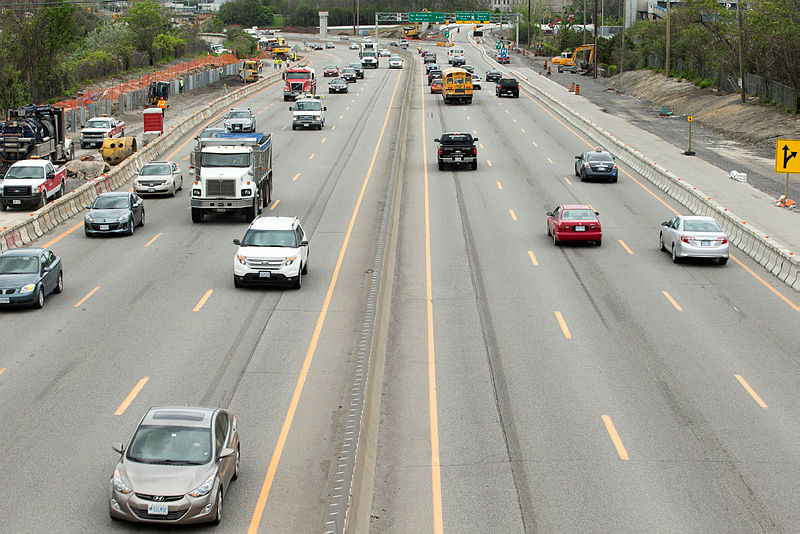- As governments world-wide contemplate COVID-19 “return-to-normal” strategies, contact-tracing apps have become part of the conversation. Tracing and notification of those who have had contact
- As governments world-wide contemplate COVID-19 “return-to-normal” strategies, contact-tracing apps have become part of the conversation. Tracing and notification of those who have had contact
- As governments world-wide contemplate COVID-19 “return-to-normal” strategies, contact-tracing apps have become part of the conversation. Tracing and notification of those who have had contact







